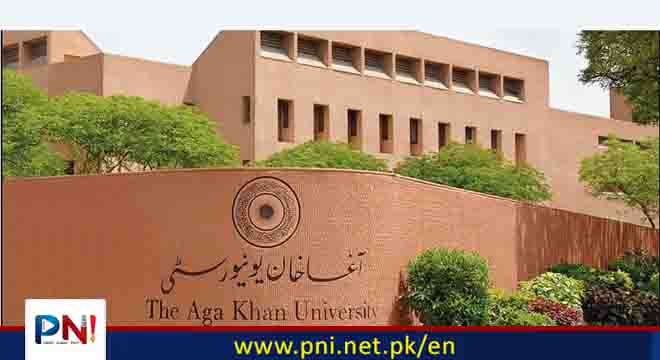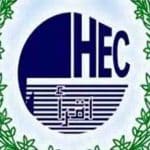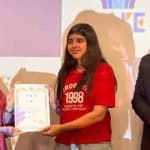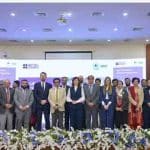Karachi: The 3rd Annual Biological Sciences Conference, themed ‘#TrailblazingOnwards,’ celebrated the Aga Khan University’s (AKU) 40th year of excellence in research and education. This conference provided biological science researchers within the country a platform to showcase basic science and mechanistic studies in various fields of human and animal biological sciences, as well as gathered experts from the scientific community to share ideas and build collaborations in the field.
National and international speakers, oral presentations and poster displays on cancer biology, infectious diseases, multiomics, stem cells and regenerative medicine, functional foods and natural products, neurosciences, artificial intelligence and healthcare, as well as teaching, learning and assessment in training programmes were all featured at the one-day conference. The oral presentation brought together experts from AKU, but also from Lahore University of Management Sciences (LUMS), Ziauddin University, Salim Habib University, University of Karachi, NED, Mohammad Ali Jinnah University and Dow University.
“The Department of Biological and Biomedical Sciences at AKU is committed to enhancing scholarship and research responsive to the needs of the country and to the success of its students and trainees through transformative learning experiences,” said Dr Kulsoom Ghias, Chair of the BBS Department. “The annual biological sciences conference is an excellent opportunity to bring researchers together, to network, build collaborations and showcase impactful scholarship.”
Participants also got a chance to listen to Dr Aamir Ahmed, Cell and Development Biology, University College London, UK who spoke about Wnt signaling and its use in translational therapies via small molecules to combat multiple cancers and making chemotherapy more accessible. Dr Fatima Khwaja Rehman from the University of North Florida, USA also presented cutting edge research on cancer stem cells.
Dr Muhammad Tariq from LUMS spoke about epigenetic factors involved in cell fate maintenance while Professor Rizwan Ahmed Khan from Salim Habib University explored the role of AI in medical imaging and healthcare.
Pre-conference workshops on artificial intelligence, animal sciences, and reference managers played a crucial role in equipping participants with advanced skills and tools. “These workshops significantly enhanced research methodologies and the application of technology, contributing to exploring new frontiers within the field of biological sciences,” explained AKU Associate Professor, Dr Sadia Fatima.
Follow the PNI Facebook page for the latest news and updates.








